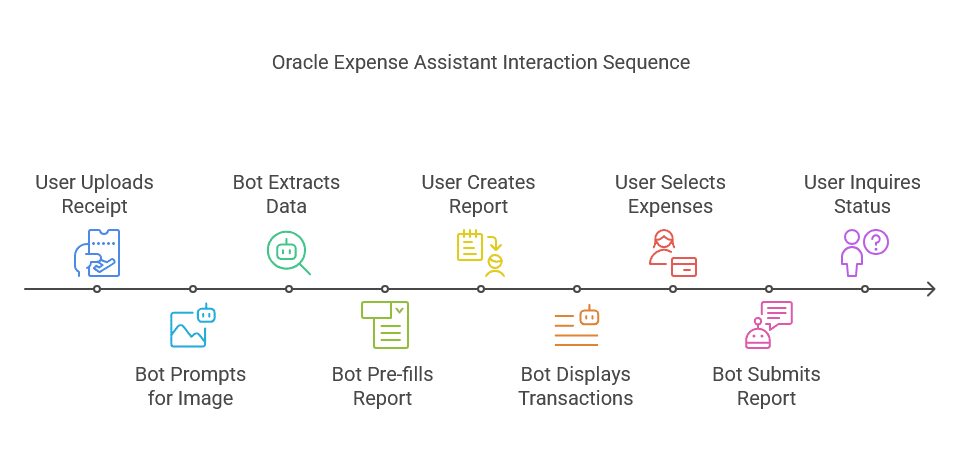Migrating On-Premise Applications to Oracle Cloud: Best Practices and Common Pitfalls
As enterprises increasingly move towards digitization and cloud computing, migration of on-premise applications to the cloud has become a necessity rather than a choice. Oracle Cloud, offers a platform to facilitate this transition. Key Steps in Migration Common Pitfalls and Their Solutions Migration to Oracle Cloud can provide numerous benefits like cost savings, enhanced scalability, […]
Migrating On-Premise Applications to Oracle Cloud: Best Practices and Common Pitfalls Read More »




